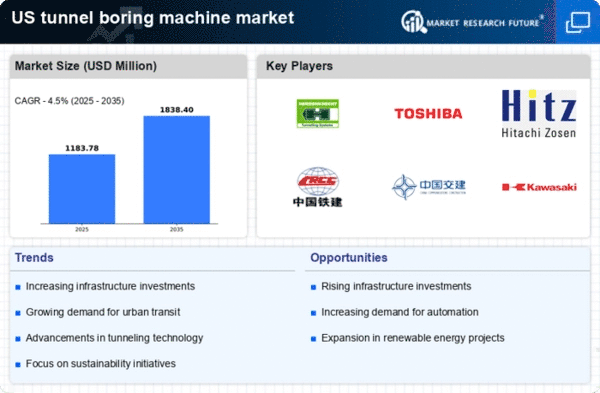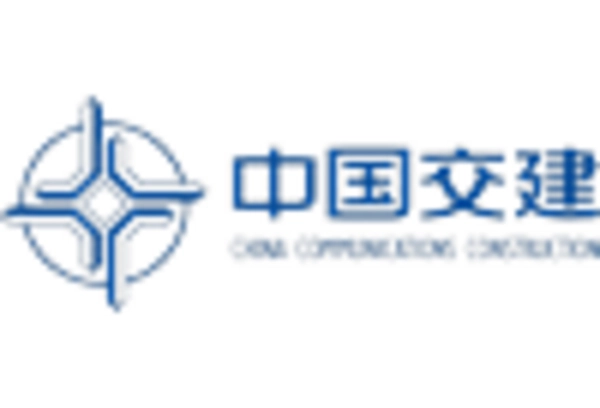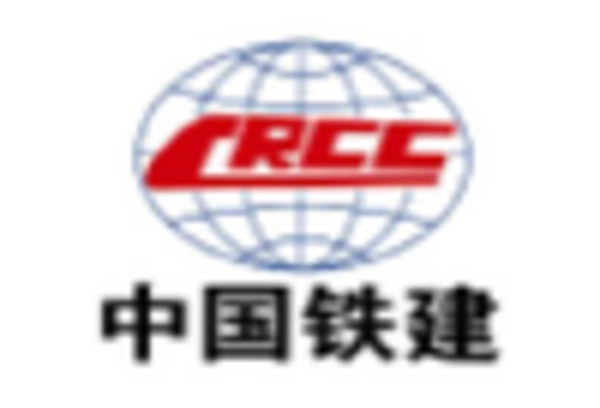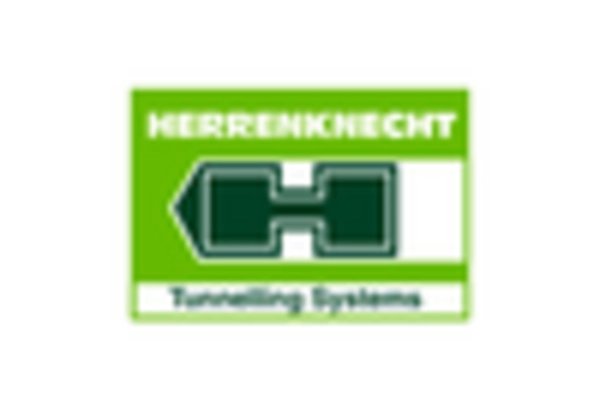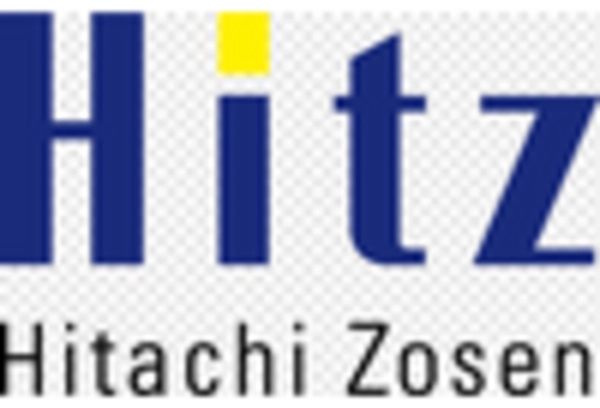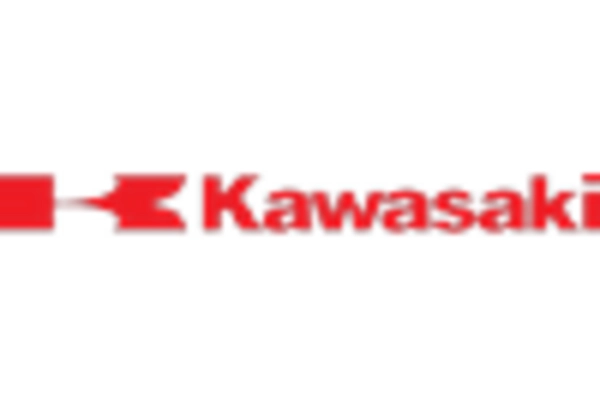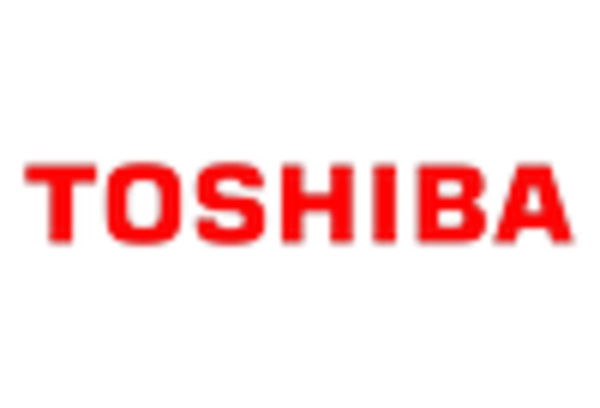Growing Urbanization
The increasing trend of urbanization in the United States is a pivotal driver for the tunnel boring-machine market. As cities expand and populations rise, the demand for efficient underground transportation systems, such as subways and metro lines, intensifies. Urban areas are projected to house approximately 85% of the US population by 2050, necessitating the construction of extensive underground infrastructure. This urban growth compels municipalities to invest in advanced tunneling technologies, thereby propelling the tunnel boring-machine market. Furthermore, the need for effective waste management systems and utilities underground is likely to drive the adoption of tunnel boring machines, as they provide a less disruptive method for construction in densely populated areas.
Government Infrastructure Initiatives
Government initiatives aimed at enhancing infrastructure are significantly influencing the tunnel boring-machine market. The US government has allocated substantial funding for infrastructure projects, with a proposed $2 trillion investment plan focusing on transportation and utilities. This funding is expected to facilitate the construction of new tunnels and the rehabilitation of existing ones, thereby increasing the demand for tunnel boring machines. Additionally, federal and state agencies are prioritizing projects that improve public transit systems, which often require extensive tunneling. As a result, the tunnel boring-machine market is likely to experience growth driven by these government-led infrastructure initiatives, which aim to modernize and expand the nation's transportation networks.
Technological Innovations in Tunneling
Technological innovations are reshaping the landscape of the tunnel boring-machine market. Advances in automation, artificial intelligence, and real-time monitoring systems are enhancing the efficiency and safety of tunneling operations. For instance, the integration of AI in tunnel boring machines allows for predictive maintenance, reducing downtime and operational costs. The market is witnessing a shift towards more sophisticated machines capable of handling complex geological conditions, which is crucial for urban tunneling projects. As these technologies evolve, they are likely to attract investments and drive the adoption of modern tunnel boring machines, thereby fostering growth in the market.
Environmental Regulations and Compliance
The increasing stringency of environmental regulations is a notable driver for the tunnel boring-machine market. In the US, regulatory bodies are enforcing stricter guidelines to minimize the environmental impact of construction activities. Tunnel boring machines are often favored for their ability to reduce surface disruption and manage waste more effectively compared to traditional excavation methods. Compliance with these regulations is pushing construction companies to invest in advanced tunneling technologies that align with environmental standards. Consequently, the demand for tunnel boring machines is expected to rise as firms seek to adhere to these regulations while maintaining project timelines and budgets.
Rising Demand for Renewable Energy Projects
The growing emphasis on renewable energy projects is emerging as a significant driver for the tunnel boring-machine market. As the US transitions towards sustainable energy sources, the construction of underground facilities for wind, solar, and hydroelectric projects is becoming increasingly common. These projects often require extensive tunneling for infrastructure such as cable installations and water conduits. The investment in renewable energy infrastructure is projected to reach $1 trillion by 2030, creating a substantial demand for tunnel boring machines. This trend indicates a shift in the market, as companies seek to leverage tunneling technologies to support the development of clean energy initiatives.


